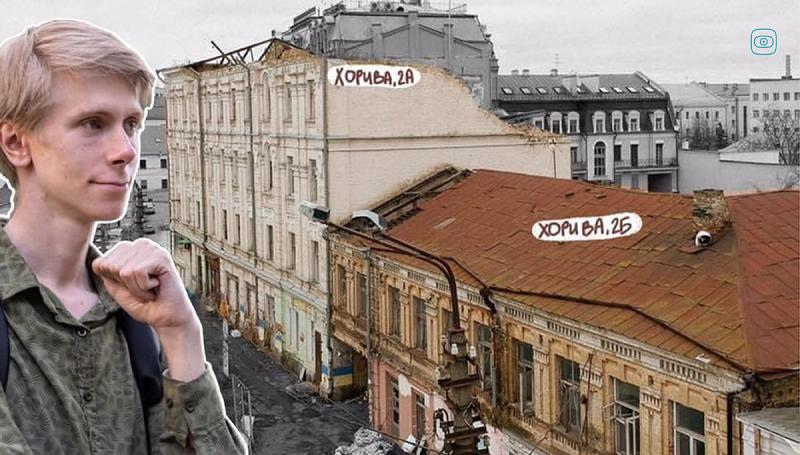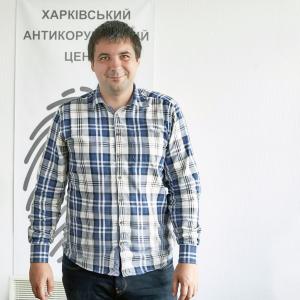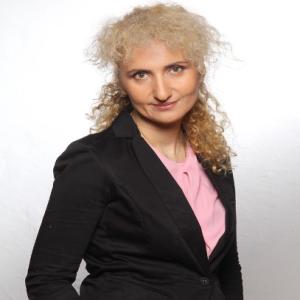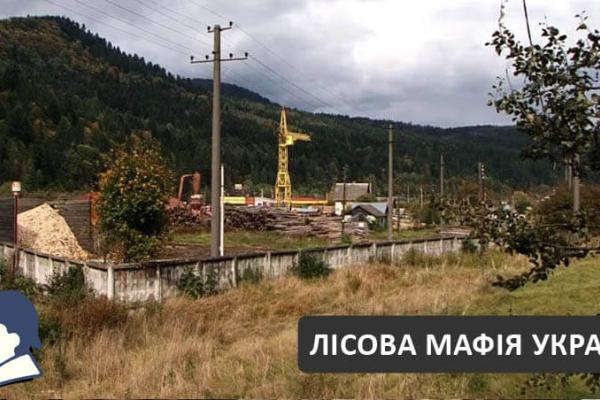One of the main problems for the recovery of Ukraine after the war may be the excessive liberalisation of construction legislation. Georgia is already having negative consequences.
Two components of corruption in construction: Schemes for obtaining land for construction and violations of land legislation. Problems with construction in the two countries are similar. Yes, there is a problem with chaotic construction. In Tbilisi, green areas are being cut down for high-rise buildings. This creates problems for residents of existing homes that lack sunlight. Kharkiv has similar problems. Construction in the Forest Park on the territory of the city continued even during the war.
The Kharkiv City Council first said that the road was being built, and then admitted that another object was being built without permits. The site in Lisopark was previously leased by an official of the Kharkiv military-civilian administration. According to the cooperative scheme, hundreds of hectares of land for development were distributed in the Kharkiv Forest Park. Local residents have lost an area for recreation and walks. In Batumi, due to the chaotic development of the seashore and the boulevard, local residents also lost a place for walking and recreation.
Urban planners in Georgia note that developers obtain construction permits legally. Master plans of cities are developed specifically for their interests. A construction expert in Ukraine believes that the implementation of the new construction reform will lead to the same problems as in Georgia. Thus, simplified legislation for obtaining building permits in Georgia has led to chaotic construction.
At the end of 2022, the Verkhovna Rada of Ukraine adopts the main draft law on urban planning reform without extensive discussion. Adoption of the reform under such conditions caused criticism from the public, journalists, and local self-government: in a few hours, a petition to the president with the demand to promise this bill received 42,000 votes against the required 25,000. Among the advantages of the law, representatives of the authorities cite the minimal influence of officials on decision-making and reduction of corruption, but critics point out that the reform is done in the interests of private developers.
Another common problem for both countries is the destruction of historical heritage, as well as the destruction of historical habitat. Thus, after the reconstruction of Melikishvili Avenue in the center of Tbilisi, journalists saw that the new hotel will have 10 floors, which is inappropriate for this area. Similar problems are also inherent in Kyiv, where the issue of development of the city center is urgent. For example, the destruction of historic buildings to build new housing complexes or shopping centers: investors get the right to reconstruct historic buildings, and then through the courts try to deprive the historical monument of its protected status. Experts from both countries insist that there should be control over the implementation of building regulations.
© Мапа Реновації




